UPDATE State capitol hands down $2 mil cut to UNI
Feb 23, 2017
UPDATE: An early version of this story featured a quote that had inaccurate information about the cuts affecting NISG’s operational budget. NISG Director of Administration and Finance Danielle Massey has corrected this earlier statement, telling the Northern Iowan that the cuts are not coming from NISG. Rather, the cuts are coming from savings and money set aside in the general fund.
Last month, Governor Terry Branstad, plus Iowa House and Senate Republican leaders, approved spending cuts of nearly $118 million to the total state budget. These cuts include a $2 million de-appropriation from UNI, while the University of Iowa and Iowa State University each lost $8 million. The cut to UNI has raised concerns among students.
The $18 million in budgets cuts to regent universities is expected to hurt, but it is a reduction from the original $25.5 million cut proposed by Branstad.
The cuts are in response to lower-than-expected revenue for the state government. While revenue continues to increase each year, this year’s revenue has not matched the expectations on which the state budget was based. The state’s revenue has fallen over $96 million short of a revenue forecast issued in October 2016.
Republicans blame reckless spending by the state government as the cause of the deficit, while Democrats cite over-reaching tax cuts for the revenue shortfall.
Jeff Danielson, D-Cedar Falls, said in a statement, “I voted against this because I believe we can find enough money in a 7.4-billion-dollar budget to support Iowa kids going to an Iowa public university. We need to grow the Panther family, not shrink it.”
According to Walt Rogers, R-Cedar Falls, the de-appropriation for UNI was slated to be $4 million, but was reduced to $2 million.
“The $117 million de-appropriations bill was necessary to keep the budget balanced,” Rogers said.
The Iowa Board of Regents has said that the recent budget cuts will not impact tuition rates for the 2017-18 academic year, though the outlook for student’s tuition rates is much less certain beyond that.
Former interim UNI President Jim Wolhpart sent an email to students on Jan. 26 responding to the cuts and seemed to indicate funding for strategic plan initiatives and building renovations will be diverted to addressing the budget cuts.
“In the past, we did not consistently or sufficiently allocate funding directly for strategic initiatives or goals of the strategic plan, nor did we allocate sufficient funds for necessary building renovations,” read the email. “In challenging economic times such as these, we have the opportunity to redirect these funds towards budget reductions.
“We await the legislature’s FY 2018 budget in order to determine the impact of the current economic challenges in the state on our budget going forward,” Wohlpart later said in the email.
“I’m pretty sure the two million they’re trying […] to make up for it is coming out of improvements and projects to sort of improve and modernize UNI,” Covarrubias said. “If those don’t happen because of the cuts, we might not have accurate resources to learn or improve our university.”
President Mark Nook released an email on Feb. 9 that acknowledged UNI is facing “challenges with budget reduction” and “some uncertainty about next year’s budget.”
“My commitment to each of you, and to our community as a whole, is that I will be your strongest advocate — though sometimes behind the scenes, by leveraging the relationships we have built with a variety of folks in the state,” Nook said in the email. “I also commit that no matter what challenges come at us, we will work together collaboratively to keep UNI a great place to work.”
During last Thursday’s NISG debates, vice-presidential candidate Tristan Bernhard discussed how these budget cuts will affect how he and presidential candidate Jamal White would implement their platform for the 2017-18 academic year.
“A lot of our platform is about what we can do as student leaders, regardless of money, no matter what happens at the state legislature — especially because we have a very strong Republican state legislature, which has historically not been very supportive of the colleges,” Bernhard said. “We purposefully drafted a platform that would be resistant to that.”
NISG presidential candidate Maggie Miller mentioned at the same debate that she and vice-presidential candidate Danielle Massey aim to push for a full funding appropriations bill at UNI as a way to ensure UNI’s funding for the long term.
“It’ll be a bi-partisan bill, and this is something that is supported by Republicans,” Miller said. “Republicans can recognize when economic development is coming into their district. And they can recognize that 90 percent of UNI students go into Iowa’s workforce.”
Oliverio Covarrubias, an NISG senator, encouraged students to become informed on this issue and to get involved by contacting local legislators. However, he also recognized that many students may not be aware of the budget cuts.
“It’s like how a fish is in water; the water is all around them. And they don’t really know it’s there because it’s all around them,” Covarrubias said. “So, it does affect students, but it’s in a very abstract way […] It’s really hard to make them care — especially if you’re not involved in an organization […] or if you’re too busy to know [the water’s] starting to get really murky.”
— Northern Iowan Staff
contributed to this story.


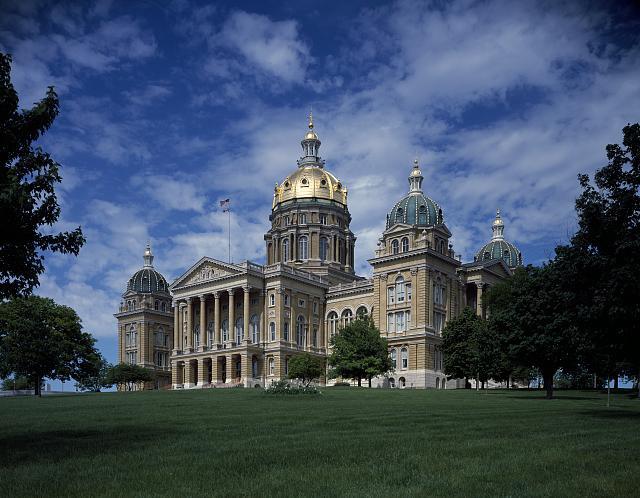
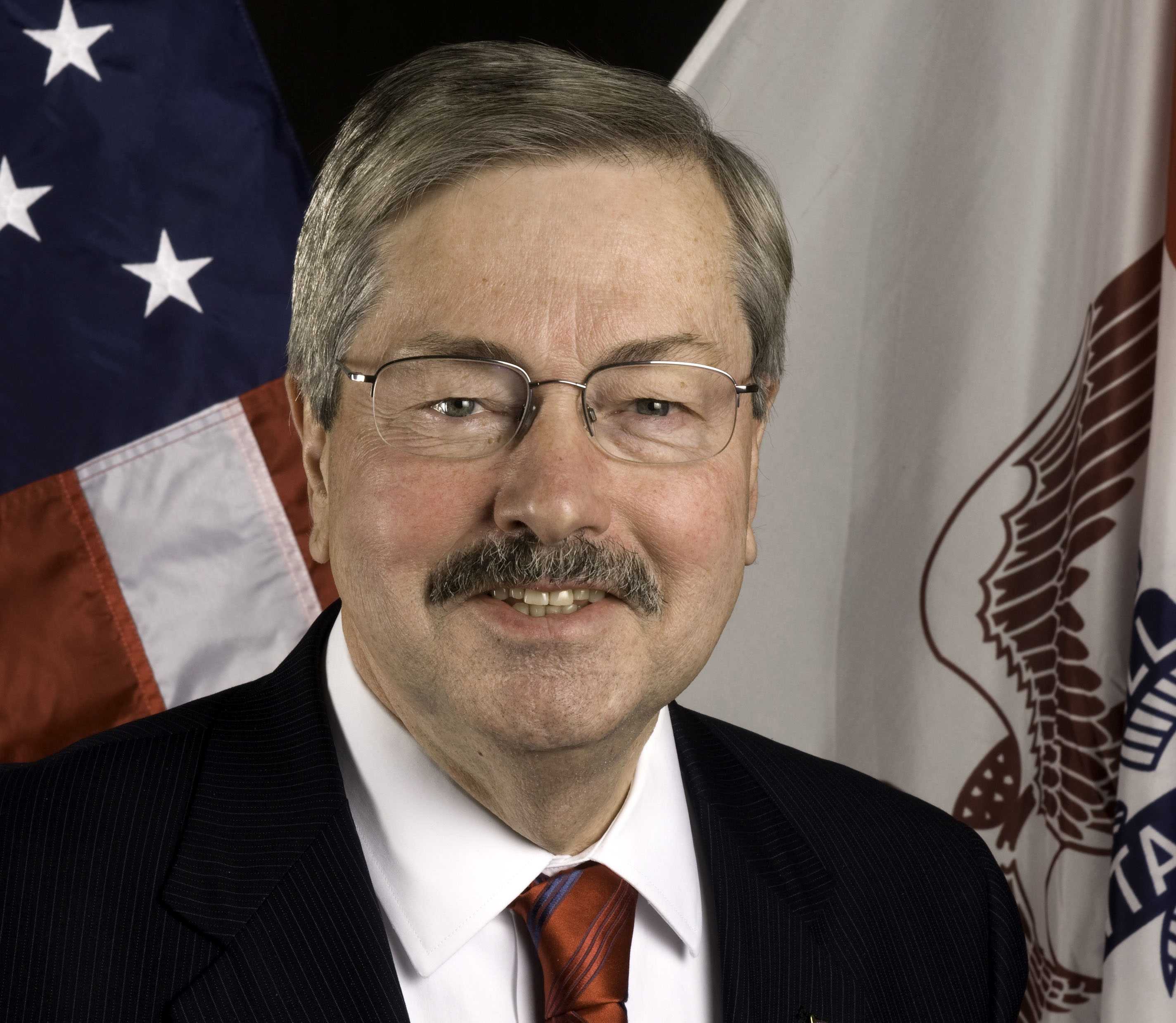
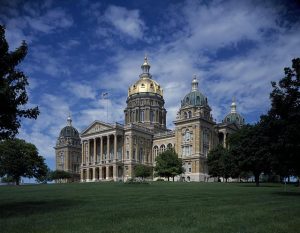
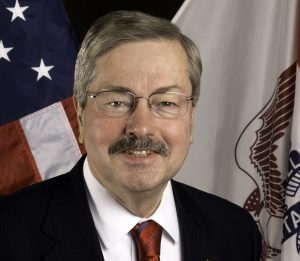
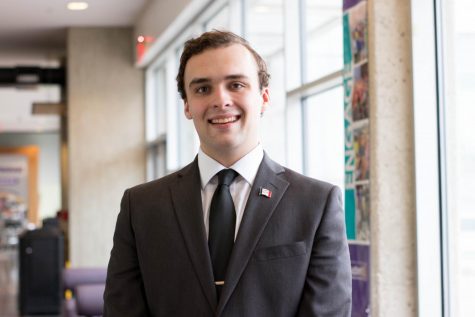









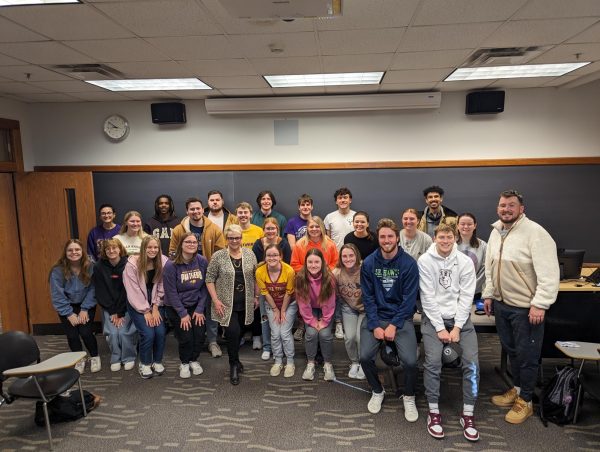
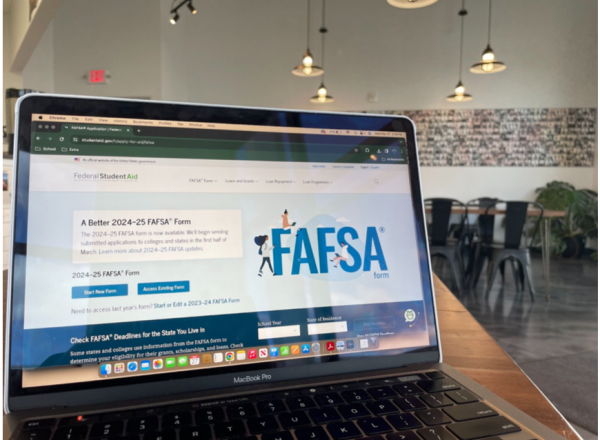
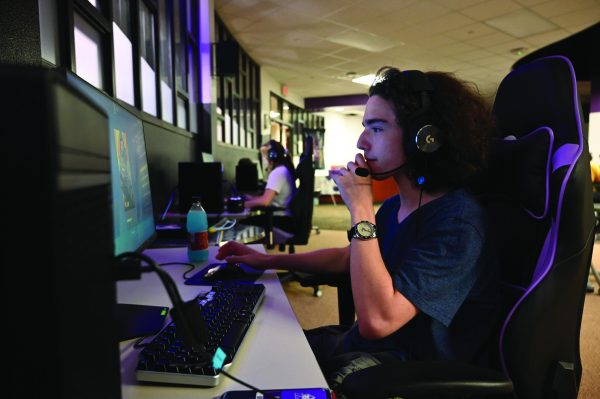
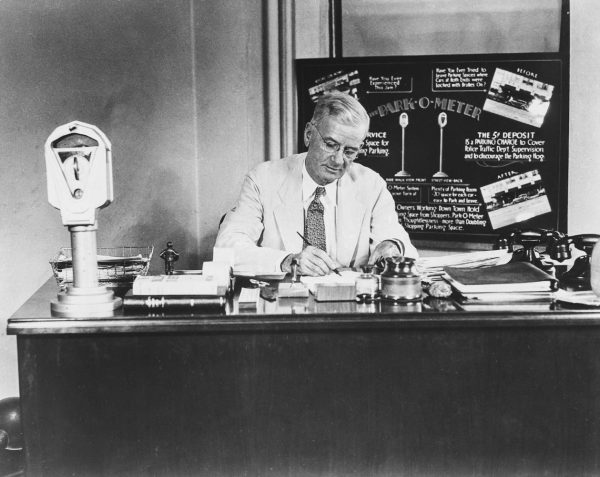

Danielle Massey • Feb 23, 2017 at 11:16 am
Correction: the $2 million cut is NOT coming from NISG at all. The cut is coming from savings and money set aside in the general fund for the University. The President of the University decides where the cuts come from. The deappropriation is not going to hurt us too badly because we have prepared since the last budget cut, but there needs to be a long run plan in case this happens again.
NISG, Director of Administration and Finance